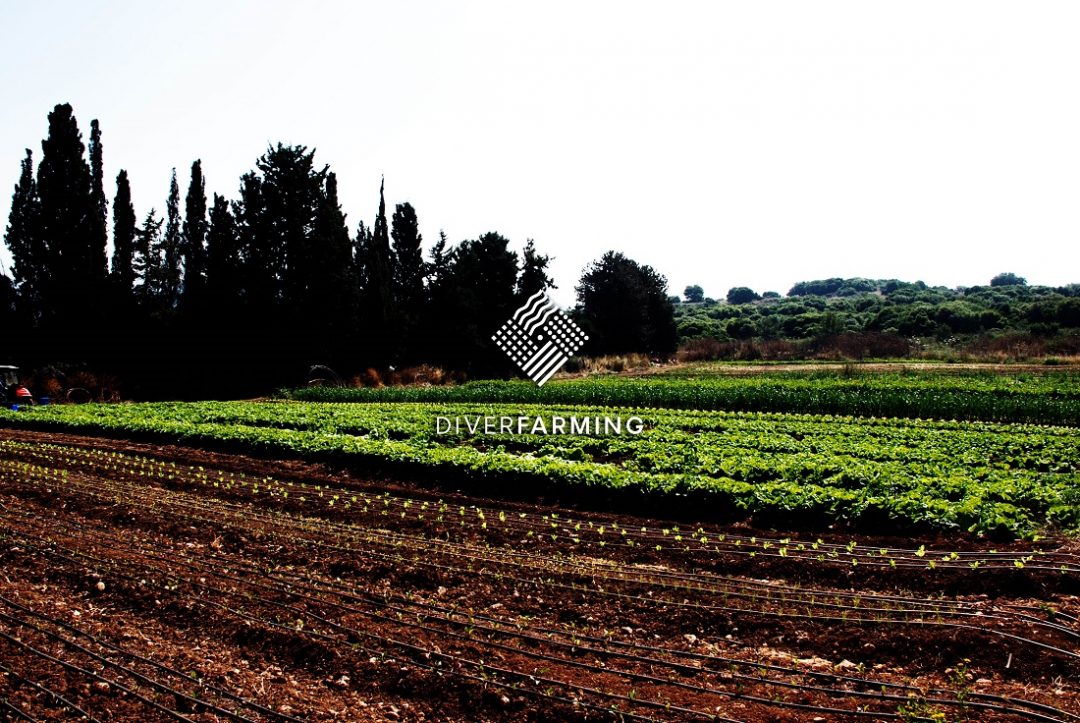Diverfarming focuses on research and innovation for rural development, with emphasis on developing new framework systems and business models adapted to the rural context of each pedoclimatic area of the EU, to foster sustainable growth through adoption of diversification, sustainable practices and efficient use of resources. With the long-term view of increasing diversification and biodiversity in Europe and fostering sustainable development of bioeconomy, the Diverfarming consortium will develop and deploy innovative farming and agribusiness strategies. Diverfarming will increase the long-term resilience, sustainability, and economic revenues of agriculture across the EU by assessing the real benefits and minimising the limitations, barriers and drawbacks of diversified cropping systems under low-input agronomic practices that are tailor-made to fit the unique characteristics of six EU pedoclimatic regions (Mediterranean south and north, Atlantic central, Continental, Pannonian and Boreal), and by adapting and optimising the downstream value chains organization. This approach will provide: Increased overall land productivity; More rational use of farmland and farming inputs (water, energy, machinery, fertilisers, pesticides); Improved delivery of ecosystem services by increments in biodiversity and soil quality; Proper organization of downstream value chains adapted to the new diversified cropping systems with decreased use of energy; and access to new markets and reduced economy risks by the adoption of new products in time and space. The diversified cropping systems will be tested in field case studies for major crops within each pedoclimatic region.
DIVERFARMING
Universidad Politécnica de Cartagena

